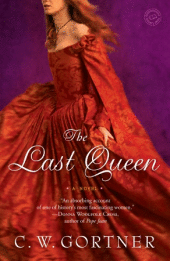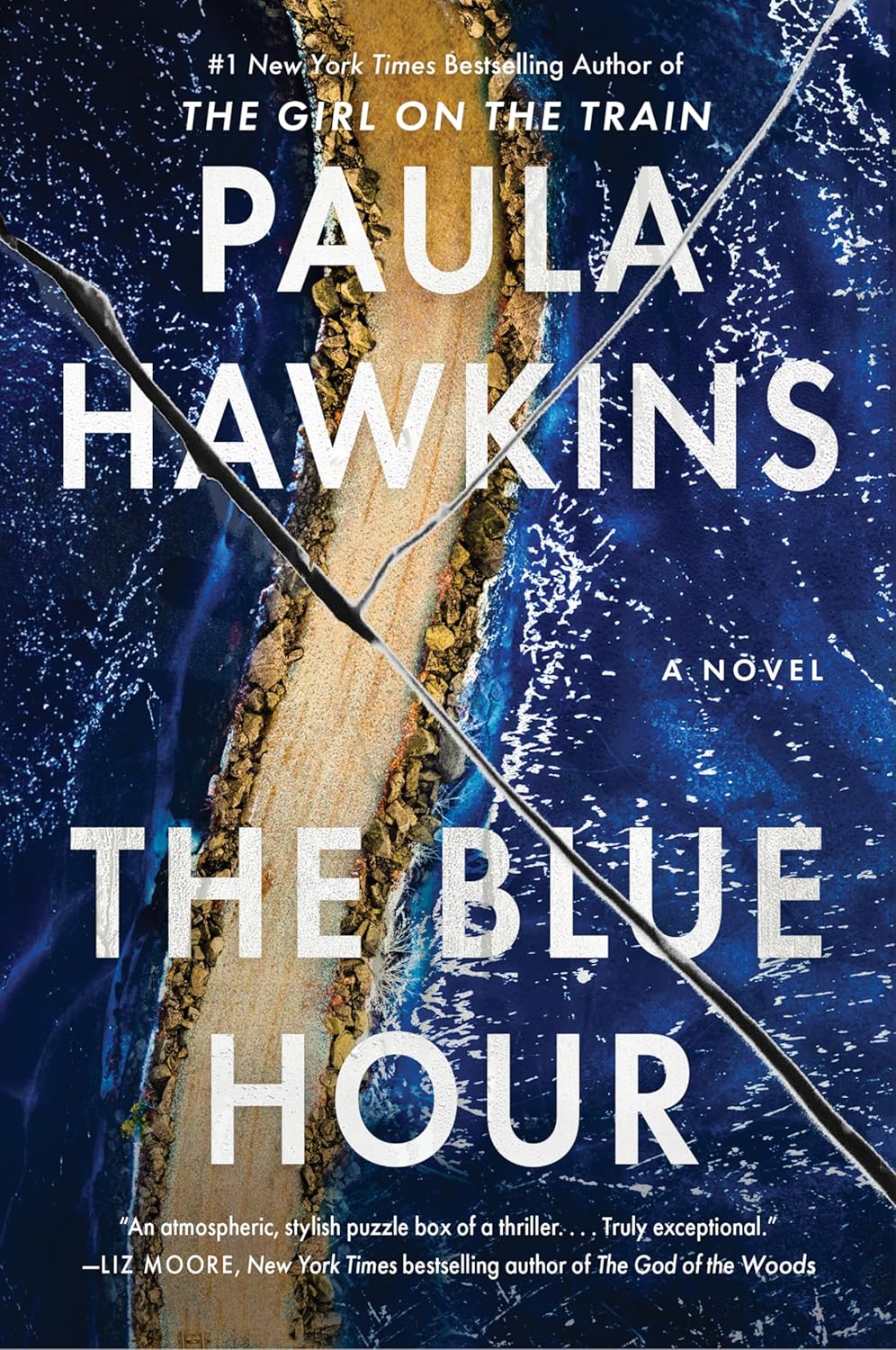Click here to read Gortner's previous RGG.com guest post and here to visit his blog about historical fiction and the writing life.
 As a reader, meeting an author whose work I admire is always a thrill. I'd not had the good fortune of meeting many historical fiction writers I admired until my novel The Last Queen was published and I began to attend conferences like the fantastic Book Group Expo in San Jose. I recall that when I first met a writer I had idolized for years I actually felt as though I might faint. I stammered and handed her a doubtlessly sweaty palm to shake. "I just love your books," I mumbled awkwardly and she let out a hearty laugh. She was so gracious and friendly that we ended talking for an hour and exchanged phone numbers. We have since become good friends.
As a reader, meeting an author whose work I admire is always a thrill. I'd not had the good fortune of meeting many historical fiction writers I admired until my novel The Last Queen was published and I began to attend conferences like the fantastic Book Group Expo in San Jose. I recall that when I first met a writer I had idolized for years I actually felt as though I might faint. I stammered and handed her a doubtlessly sweaty palm to shake. "I just love your books," I mumbled awkwardly and she let out a hearty laugh. She was so gracious and friendly that we ended talking for an hour and exchanged phone numbers. We have since become good friends.Through that interaction, I realized that most writers, in fact, are like me: we love hearing from readers and enjoy interacting with them. We spend years alone at our desks, hearing the voices that people our work, and getting out there and hearing the voices of the people who read that work is very important to us. We like to discover how our books have resonated or not resonated with a particular reader, what themes or storylines they found of personal interest. In the ten months since The Last Queen was published in hardcover, I have had many fantastic and enlightening encounters with readers from many different places. I've had e-mail from readers in the UK, Malaysia, Spain and South Africa, as well as attended several local book groups in San Francisco, California. Though separated by distance, all of these readers share a common passion for history and for the story of Juana of Castile, known as Juana la Loca. And through each exchange I discover something not only about how readers experience the novel but also about those parts of me as a writer that influence my craft but often remain hidden.
I remember in particular one local book group I attended. The lady who invited me had heard me speak at a bookstore and selected The Last Queen for her group. When I got to her house on the scheduled evening, I was stunned to find she had set her table with Spanish wines and foods, and Spanish music played in the background. As the other group members trickled in, she shared with me that she herself was part Spanish and she had felt a special bond with my background. I had by this time gotten over the worst of my nerves about meeting strangers in a book group, but as the eleven smiling women of this particular group settled down around me, I realized all of a sudden that this was the first all-women group I had spoken to. Anxiety surged in me. Here I was, a man, who had written a book about a woman who is betrayed in her point-of-view. What if I had made some until-now undetected error? What if somebody here pointed out that I was not a woman, so how could I recreate the psyche of one?
Then one of the women said quietly, "I could not put your book down. Years ago, a lover betrayed me and I felt so mad, it was like I was actually going mad. No one around me understood. When I read your book, I connected with Juana. I thought, she would have understood. It was cathartic."
I gave her a grateful smile. I thought, emotions don't have a gender. Whether you're a man or a woman, betrayal hurts. I had forgotten that. The other women started to share, as well, and the hour and half we spent together flew by, the discussion lively and enthusiastic. I was astonished by how much they'd discovered in my work, their different interpretations of it. Some of it was what I'd intended while writing the book but a lot of it wasn't. In the end, I was profoundly grateful for the experience, knowing it would forever inform the ways I looked at my writing and the ways readers approach reading.
I've spoken to several groups since then, some in person and some via phone chat. Invariably, whether it's twelve readers or five or three, I always learn something about my work, about how it's experienced by someone other than me; where I've succeeded and where I have not. Not once have I ever put down the phone or closed the door without feeling that deep passion and joy for books that all of us as readers bring to the world.
Readers are the reason I write. I will spend years on a book, reveling in my secret world, but in the end I need it to be read. The true reward for me is when I hear one reader say: "I just loved your book."
---C.W. Gortner







